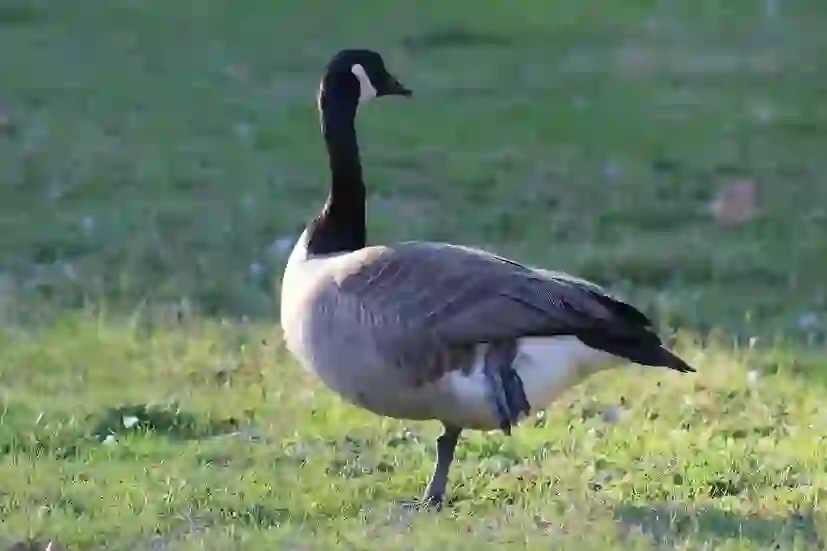
Goose
Goose
Goose
Have you heard of the bird called 'Goose'? Many people may not have seen one or can’t picture what it looks like. In the past, geese were common in Japan and even used as food, but their numbers have decreased, and now they can only be seen in specific regions. This article will clarify the ecology and characteristics of geese and convey their charm!
Goose Basic Infomation
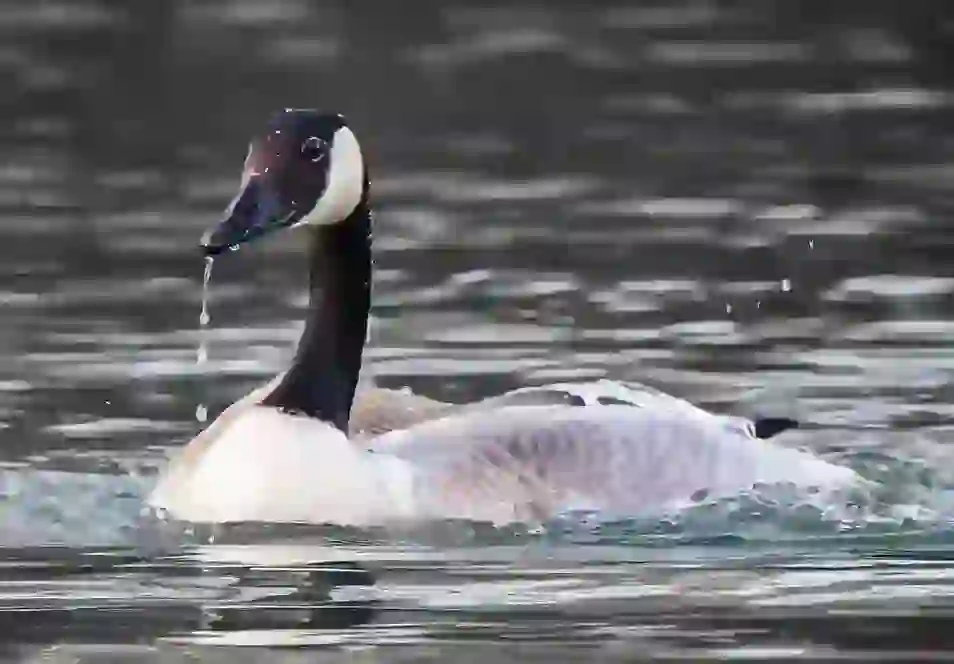
Basic Information
Order: Anseriformes Family: Anatidae Subfamily: Anserinae Body Length: 60-100cm Weight: 2-6kg Geese are large birds belonging to the subfamily Anserinae within the family Anatidae in the order Anseriformes. Generally, geese are larger than ducks but smaller than swans. Geese are waterfowl with both males and females having similar plumage, often in dull colors like brown. Some species, however, have white or colorful plumage. Their bills are higher at the base and have tooth-like notches on the sides, making them suitable for grazing. Some species can even eat tough vegetables. Geese have longer necks and legs than ducks but shorter than swans, giving them a silhouette second in size only to swans. Geese often breed in open areas, with pairs nesting in dispersed locations, although they can also form colonies, nesting within about 10 meters of each other. They lay 2-10 eggs at a time, with the female incubating them and the male defending the nest. They molt once a year, replacing all feathers, including body, wings, and tail, rendering them flightless for 3-6 weeks. During this time, they gather in specific areas. As migratory birds, they move to temperate regions to overwinter. In Japan, the greater white-fronted goose in Miyagi Prefecture is well-known and is designated as the prefectural bird.
Goose Q&A

What is the Origin of the Name Goose?
In kanji, goose is written as '雁,' read as 'gan' or 'kari.' In the past, they were called 'kari.' A famous stamp features 'Kari in the Moonlight.' Nowadays, 'gan' is the official name, and 'kari' is a variant. Two theories explain the change from 'kari' to 'gan.' One suggests the name comes from the honking call of geese, with 'kari' originally referring to the call of the bean goose, which has declined in numbers. Meanwhile, the greater white-fronted goose and the bean goose, which honk 'gan,' have increased, leading to the name 'gan.' The second theory posits that the stronger sound of the Chinese character '雁' (gan) gained prominence. This theory is more widely accepted today.
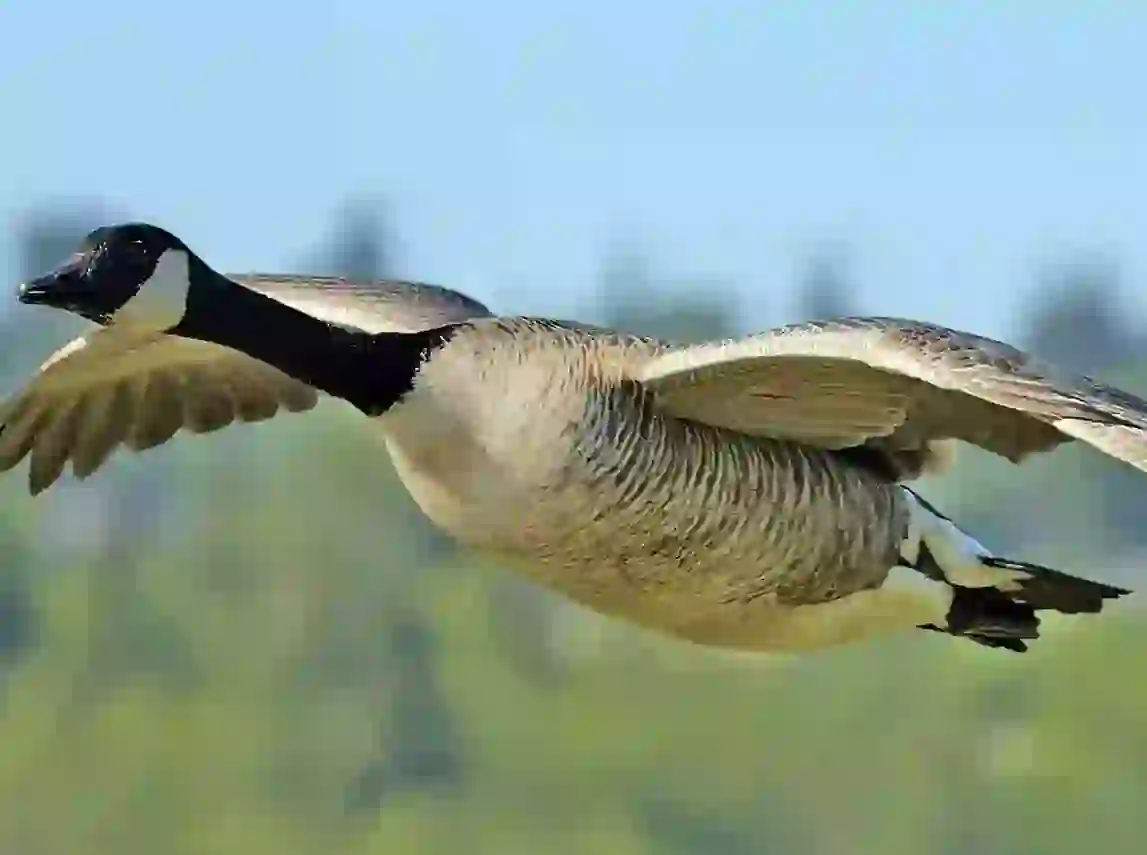
Why Do Geese Live Where They Do?
Geese are waterfowl that prefer wetlands and rice fields, living near their roosting sites. While geese generally favor inland waters, some species, like the brant goose, inhabit coastal areas. In Japan, geese can only be seen in limited regions, making them a good target for birdwatching.
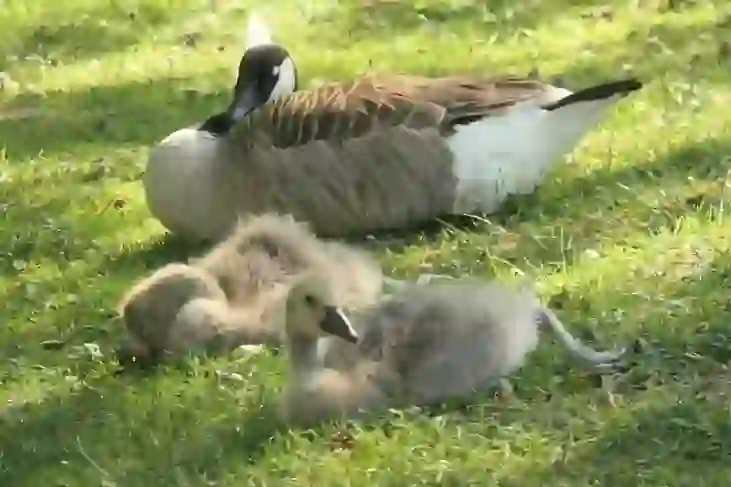
What Do Geese Eat?
Geese are herbivores, preferring seeds and leaves of grasses. Some species can also eat tough vegetables.
%2C_chicago%2C_may_2018_optimized._dsc_0021_01.webp?alt=media)
Is It True That Geese Are Excellent Flyers?
When geese fly, they form a special formation known as a 'V-formation,' where multiple geese align in a V shape. This formation allows the leading bird to create turbulence, giving lift to the birds behind, reducing their energy expenditure. The lead bird rotates, allowing each bird to rest in turn. This formation is also seen in swans and cranes, but in Japan, it's known as 'gankou,' derived from geese.
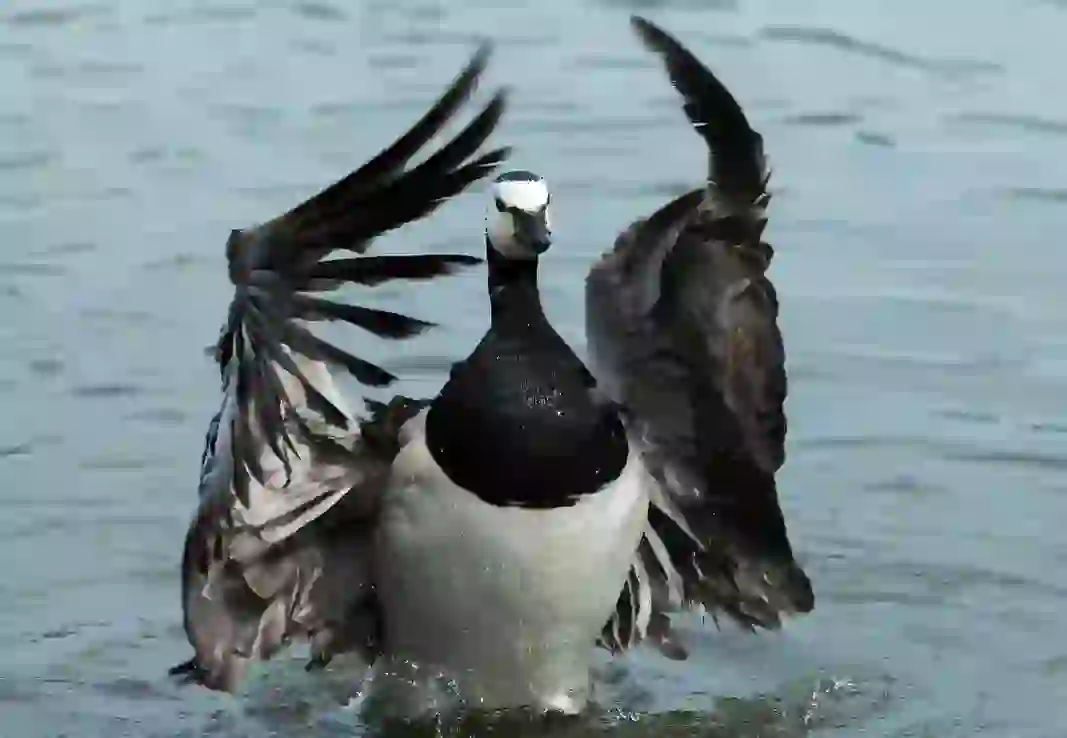
What Is the Difference Between Geese and Ducks?
Geese and ducks belong to the same family Anatidae and are often confused. However, they differ in many ways. Geese are larger, with a body length of 60-100cm, compared to ducks' 50cm. Geese have longer necks and, unlike the colorful males of many duck species, geese show no sexual dimorphism in plumage. Geese are diurnal, while ducks are nocturnal. If seen during the day, it's likely a goose. Geese are herbivores, while ducks are omnivores, eating small aquatic animals like snails.
_optimized.webp?alt=media)
Do Geese Lead Regular Lives?
Geese live centered around their roosting sites, such as lakes and wetlands. Being diurnal, they are active during the day and rest at night. Their morning takeoff and evening return, known as 'roost departure' and 'roost return,' are impressive, especially in large flocks. In Miyagi Prefecture, Japan, over ten thousand greater white-fronted geese perform these activities, creating a breathtaking sight that has been selected by the Ministry of the Environment as one of Japan's 100 Soundscapes.

Would you like to become a part of the 'Animalbook.jp'?
Turn your knowledge into Q&A and share it with the world. ※Publication will be activated after purchase. Let's share information together!
Goose Type of List
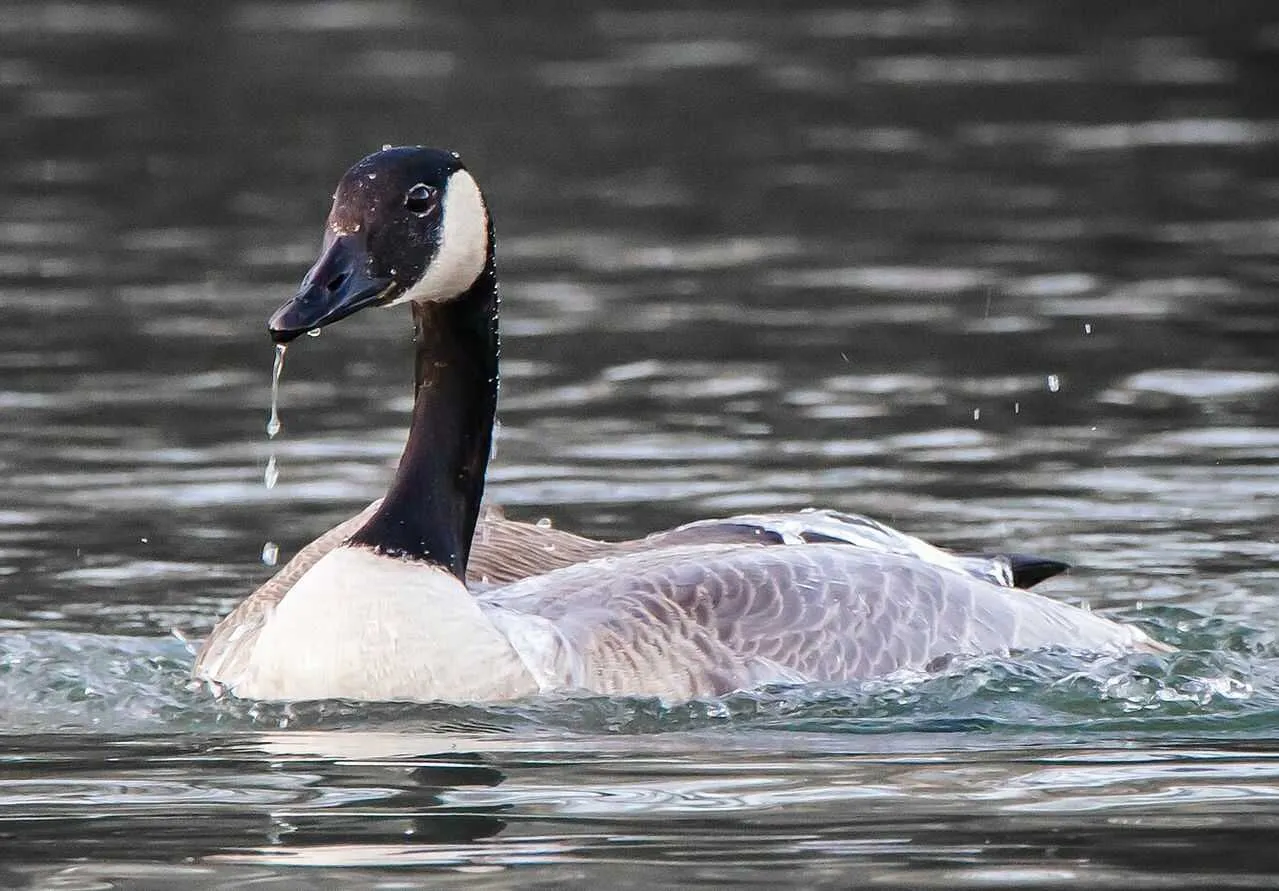
Here are some species within the subfamily Anserinae: -Nioigamo genus -Nioigamo -Mamegan genus -African pygmy goose -Nankin oshidori -Blue-winged pygmy goose -Zugurokamo genus -Zugurokamo -Menkaburi otategamo genus -Menkaburi otategamo -Otategamo genus -Kobashi otategamo -Red-shanked otategamo -Zuguroaka otategamo -Australian otategamo -African otategamo -Kaojiro otategamo -Sazunami oohashigamo genus -Sazunami oohashigamo -Kamohakucho genus -Kamohakucho -Rouba shigan genus -Rouba shigan -Hakucho genus -Black swan -Whooper swan -Bewick's swan -Mute swan -Black-necked swan -Brant genus -Brant -Canada goose -Cackling goose -Barnacle goose -Snow goose -Blue goose -Hawaiian goose -Emperor goose genus -Emperor goose -Snow goose genus -Snow goose -Ross's goose -Greater white-fronted goose genus -Bar-headed goose -Lesser white-fronted goose -Greater white-fronted goose -Taiga bean goose -Tundra bean goose -Greater white-fronted goose -Lesser white-fronted goose
Information
Congratulations! You are the first commenter!

Create Your Favorite List!
Goose
Save the animals you love! Build your own list to quickly revisit your favorites later.

Would you like to leave a comment?
※Please note: This is for the purchase of rights to post comments within the article.
Find Your Favorites!
Our shop offers a unique and attractive selection of goods themed around various animals.
Goose References
Goose Introduction of media used

出典:https://commons.wikimedia.org/wiki/File:Bernache.jpg
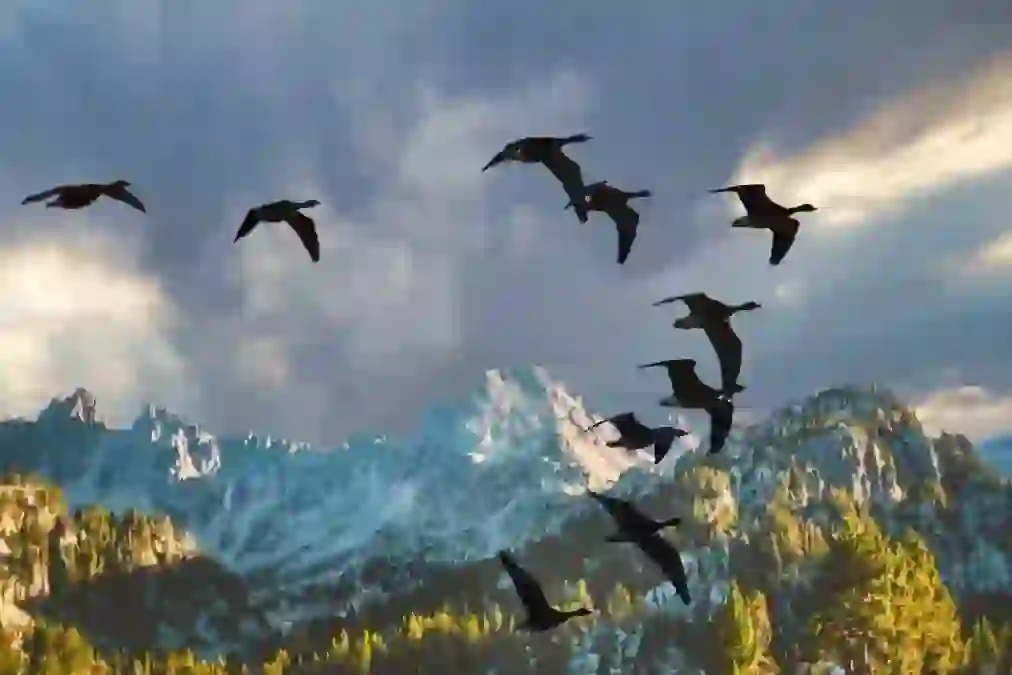
出典:https://pixabay.com/ja/photos/ガチョウ-渡り鳥-山-5645418/
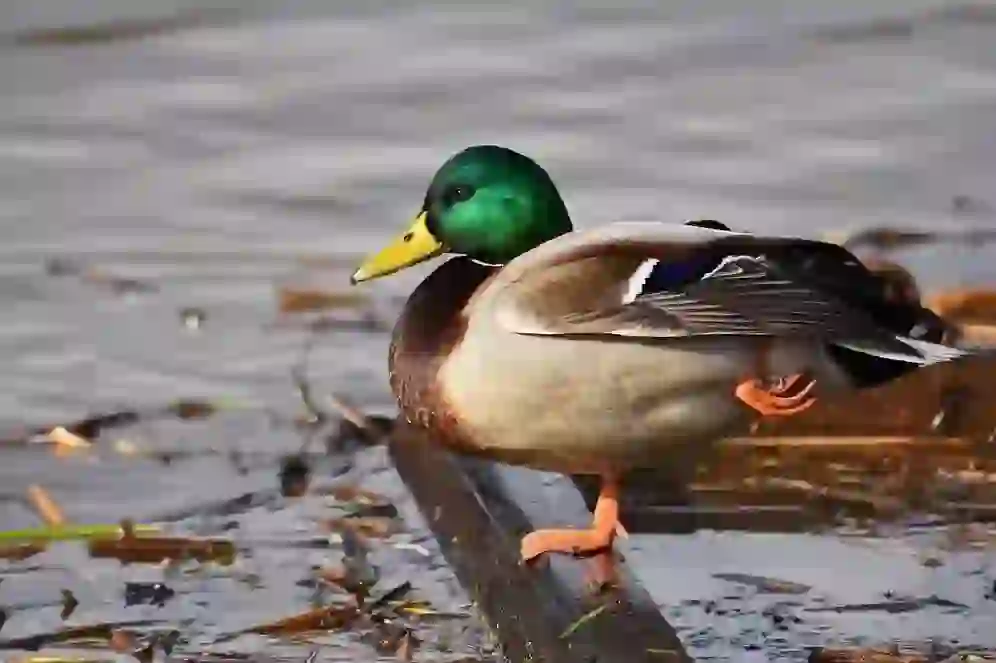
similar
出典:https://pixabay.com/ja/photos/アニマル-湖-水辺-鳥-野鳥-3933163/
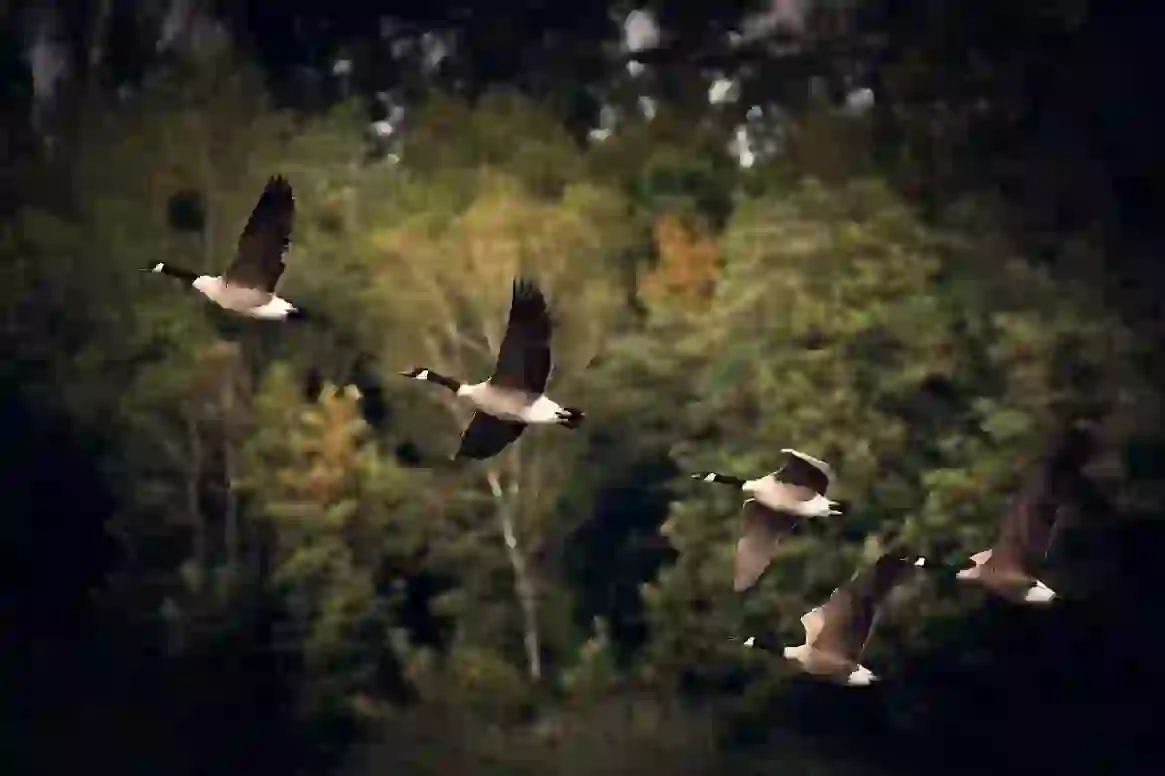
出典:https://pixabay.com/ja/photos/ガチョウ-渡り鳥-フライト-1757887/

Help Enrich Our Animalbook.jp with Your Media!
We are constantly looking to expand and enrich our Animalbook.jp with amazing photos and videos of animals. If you have any media that you'd like to share, please contribute and help us showcase the beauty and diversity of the animal kingdom. Your submissions will be credited and featured in our encyclopedia, reaching a wide audience of animal lovers.
















